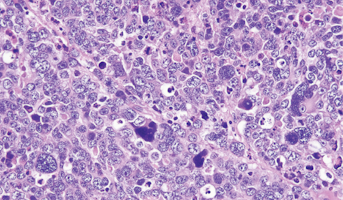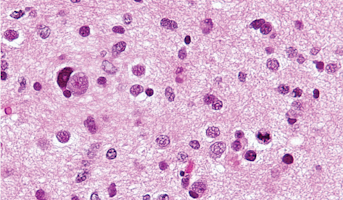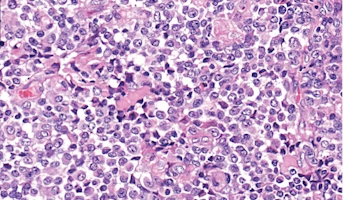Jessica B. Foster
Philadelphia, PA USA

About
Attending Physician at The Children's Hospital of Philadelphia; Instructor, Perelman School of Medicine at the University of Pennsylvania
The Children's Hospital of Philadelphia
Dr. Foster’s current research focuses on immunotherapy for pediatric solid and brain tumors. Specifically she is investigating chimeric antigen receptor (CAR) T cell therapy for neuroblastoma, high-grade gliomas, medulloblastomas, diffuse intrinsic pontine gliomas, and other brain tumors. The goals of her research are to develop pre-clinical CAR T cells for translation into clinical trials to help these devastating tumors.
research
Interests

Medulloblastoma
Medulloblastomas comprises the vast majority of pediatric embryonal tumors and by definition arise in the posterior fossa, where they constitute approximately 40% of all posterior fossa tumors. Other forms of embryonal tumors each make up 2% or less of all childhood brain tumors.The clinical feature

High-Grade Glioma
High-grade Gliomas (HGG) or astrocytomas in children nearly always result in a dismal prognosis. Although novel therapeutic approaches are currently in development, preclinical testing has been limited, due to a lack of pediatric-specific HGG preclinical models. These models are needed to help test

Atypical Teratoid/Rhabdoid Tumor
Central nervous system (CNS) atypical teratoid/rhabdoid tumor (AT/RT) is a very rare, fast-growing tumor of the brain and spinal cord. It usually occurs in children aged three years and younger, although it can occur in older children and adults. About half of these tumors form in the cerebellum or

Choroid Plexus Papilloma
Choroid plexus tumors are primary central nervous system (CNS) tumors. This means they begin in the brain or spinal cord.Choroid plexus papillomas are grouped in two grades based on their characteristics.Grade I choroid plexus papilloma are low grade tumors. This means the tumor cells grow slowly.Gr


